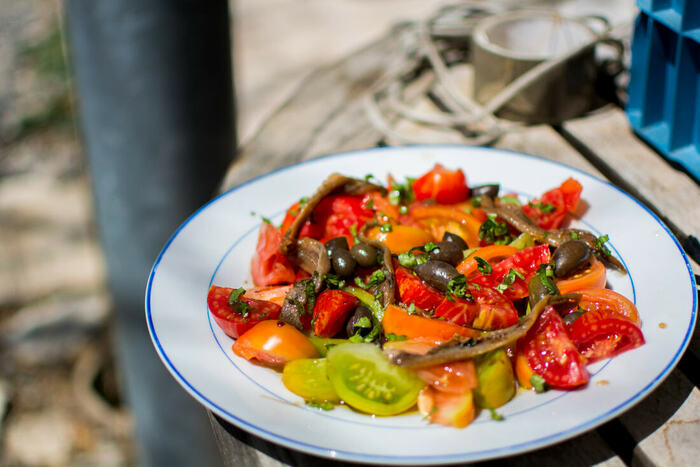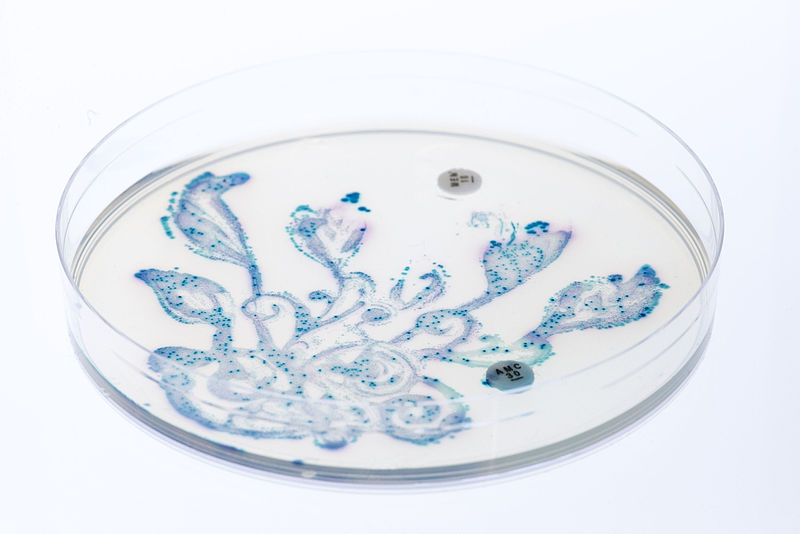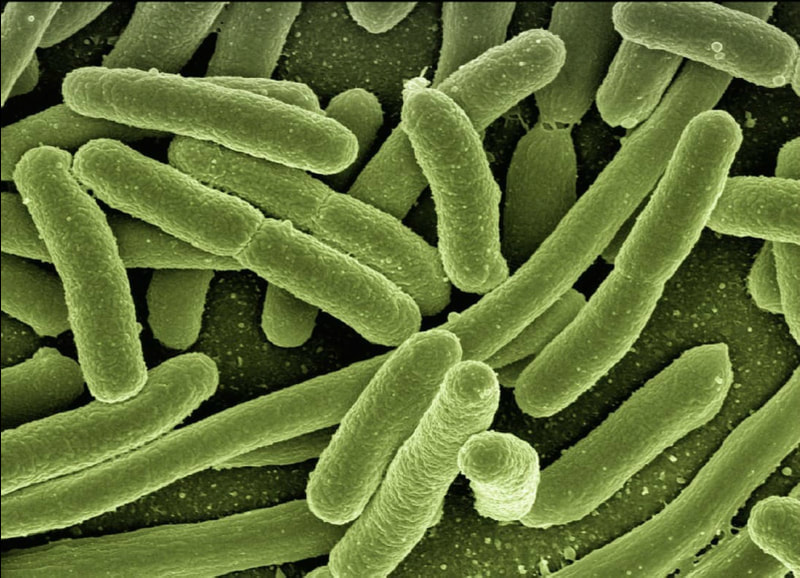Nutrition and Exercise: Finding the Fountain of Youth
Television screens across the country are filled with advertisements touting the benefits of plastic surgery or anti-aging serums. Frantic to hide their wrinkles or loose skin, people are increasingly on the hunt for the magical product to serve as their fountain of eternal youth. However, research is finding that this magic product turns out to be a nutritious diet and adequate exercise.
One sign scientists look for when researching the effects of aging is telomere length. When cells in the human body replicate themselves, the DNA, in the form of chromosomes, replicates itself as well. Telomeres are pieces of DNA at the end of chromosomes that protect the DNA from deteriorating and losing important genetic information. After each cell division, telomeres shrink more and more. Shorter telomeres are associated with aging, so preserving telomere length is vital to both looking and feeling younger.
Inflammation and oxidative stress are two main components leading to the shortening of telomeres. They occur when there are too many reactive oxidative species—unstable oxygen-containing molecules—in the body that can corrode telomeres. Therefore, a diet comprised of foods with anti-inflammatory properties and antioxidants is positively correlated with telomere length since these foods can stabilize the harmful reactive oxidative species found in human cells. The Mediterranean diet, containing a large amount of vegetables, fruits, nuts, whole grains, legumes, fish, and unsaturated fats, can provide nutrients conducive to elongating telomeres.
In one study, 4674 women were surveyed on their dietary patterns and their adherence to a Mediterranean diet. It was found that those who adhered to the Mediterranean diet had longer telomeres on average in comparison to those who did not. A similar study which contained 217 men and women aged 17-87 came to the same conclusion: following a Mediterranean diet is associated with longer telomeres.
One sign scientists look for when researching the effects of aging is telomere length. When cells in the human body replicate themselves, the DNA, in the form of chromosomes, replicates itself as well. Telomeres are pieces of DNA at the end of chromosomes that protect the DNA from deteriorating and losing important genetic information. After each cell division, telomeres shrink more and more. Shorter telomeres are associated with aging, so preserving telomere length is vital to both looking and feeling younger.
Inflammation and oxidative stress are two main components leading to the shortening of telomeres. They occur when there are too many reactive oxidative species—unstable oxygen-containing molecules—in the body that can corrode telomeres. Therefore, a diet comprised of foods with anti-inflammatory properties and antioxidants is positively correlated with telomere length since these foods can stabilize the harmful reactive oxidative species found in human cells. The Mediterranean diet, containing a large amount of vegetables, fruits, nuts, whole grains, legumes, fish, and unsaturated fats, can provide nutrients conducive to elongating telomeres.
In one study, 4674 women were surveyed on their dietary patterns and their adherence to a Mediterranean diet. It was found that those who adhered to the Mediterranean diet had longer telomeres on average in comparison to those who did not. A similar study which contained 217 men and women aged 17-87 came to the same conclusion: following a Mediterranean diet is associated with longer telomeres.
Exercise has also proven to be associated with telomere elongation. The length of telomeres is regulated by an enzyme called telomerase. Telomerase helps to create and build telomeres. Exercise has been shown to affect telomerase function. Multiple studies comparing telomere lengths of highly active individuals, such as elite athletes and ultra-marathon runners, to those of inactive but otherwise healthy individuals repeatedly found that active adults had longer telomeres than their counterparts.
However, one does not need to be an elite athlete or ultra-marathon runner to reap the anti-aging benefits of exercise. A study monitored two groups, each containing 34 male and female subjects. One group engaged in aerobic exercise for 40 minutes three to five times a week, whereas the other partook in no activity at all for a period of 24 weeks. At the end of the 24 weeks, the active group had significantly longer telomeres than the inactive group.
Currently, the type and duration of exercise most conducive to lengthening telomeres are unknown. Recent research leads scientists to believe that the body releases antioxidants in response to the stresses of exercise. The antioxidants then activate the telomerase enzyme to stimulate telomere lengthening. Despite the lack of conclusive evidence regarding the specific details of how exercise prevents aging, exercise has been conducive to those trying to avert the effects of getting old.
While expensive anti-aging serums and plastic surgery procedures are still available on the market, small, inexpensive lifestyle changes such as going for a walk every day and choosing to eat healthier foods more often have been shown to produce similar results. Therefore, choosing to make smart decisions early on in life may be the magic formula to mitigate the effects of aging. The fountain of youth may not be as elusive as it seems.
However, one does not need to be an elite athlete or ultra-marathon runner to reap the anti-aging benefits of exercise. A study monitored two groups, each containing 34 male and female subjects. One group engaged in aerobic exercise for 40 minutes three to five times a week, whereas the other partook in no activity at all for a period of 24 weeks. At the end of the 24 weeks, the active group had significantly longer telomeres than the inactive group.
Currently, the type and duration of exercise most conducive to lengthening telomeres are unknown. Recent research leads scientists to believe that the body releases antioxidants in response to the stresses of exercise. The antioxidants then activate the telomerase enzyme to stimulate telomere lengthening. Despite the lack of conclusive evidence regarding the specific details of how exercise prevents aging, exercise has been conducive to those trying to avert the effects of getting old.
While expensive anti-aging serums and plastic surgery procedures are still available on the market, small, inexpensive lifestyle changes such as going for a walk every day and choosing to eat healthier foods more often have been shown to produce similar results. Therefore, choosing to make smart decisions early on in life may be the magic formula to mitigate the effects of aging. The fountain of youth may not be as elusive as it seems.
Featured Image Source: stevepb
RELATED ARTICLES
|
Vertical Divider
|
Vertical Divider
|
Vertical Divider
|






